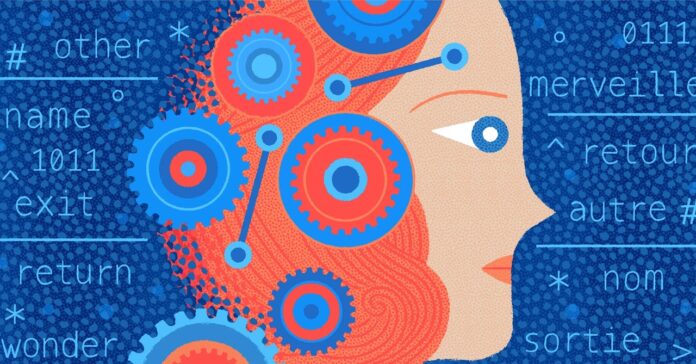In Short:
Technology companies such as Meta, OpenAI, and Bloomberg are facing lawsuits for using AI to scrape content without permission. The Pile, a dataset used by AI firms, has been removed from official sites but is still accessible. Content creators like YouTubers fear AI-generated copycats stealing their work. The co-founder of EleutherAI used a script to download YouTube subtitles, raising concerns about unauthorized access to videos.Creators like Einstein Parrot’s caretaker worry about their content being misused by AI.
Several technology companies, including Meta, OpenAI, and Bloomberg, have claimed that their use of scraped data is fair under the fair use doctrine. A lawsuit against EleutherAI, the entity responsible for initially making the data public, was voluntarily dismissed by the plaintiffs.
The legal proceedings in these cases are still in the early stages, raising questions about the need for permission and compensation. While “The Pile” has been removed from its official source, it is still accessible on various file-sharing platforms.
According to Amy Keller, a consumer protection attorney at DiCello Levitt, technology companies have been criticized for their unilateral actions in using content without explicit consent from creators. Keller emphasized the importance of addressing this issue.
Challenges for Content Creators
Many content creators are apprehensive about the implications of AI advancements. YouTubers, for instance, are vigilant about unauthorized use of their content and are concerned that AI could potentially replicate or imitate their work.
A recent incident involving David Pakman showcased the capabilities of AI in replicating speech patterns. Pakman discovered a video on TikTok that mimicked his content with alarming accuracy, raising concerns about the misuse of AI-generated content.
Sid Black, the co-founder of EleutherAI, developed a tool called YouTube Subtitles that utilized a script to extract subtitles from YouTube videos. Despite potential violations of YouTube’s terms of service, the tool garnered significant attention from users.
Google has taken measures to combat unauthorized scraping, but questions remain about the utilization of scraped data by other companies for training AI models. Concerns about privacy and content ownership persist among creators whose work has been ingested by AI systems.
For instance, the caretaker of the YouTube channel “Einstein Parrot” expressed unease about the potential misuse of the parrot’s voice data by AI models. The caretaker highlighted the risks associated with AI-generated content, including the creation of digital duplicates and potential misuse of the data.
As the boundaries of AI technology continue to expand, content creators and legal experts alike are navigating through uncharted territory, grappling with the implications of AI-generated content and its impact on intellectual property rights.





